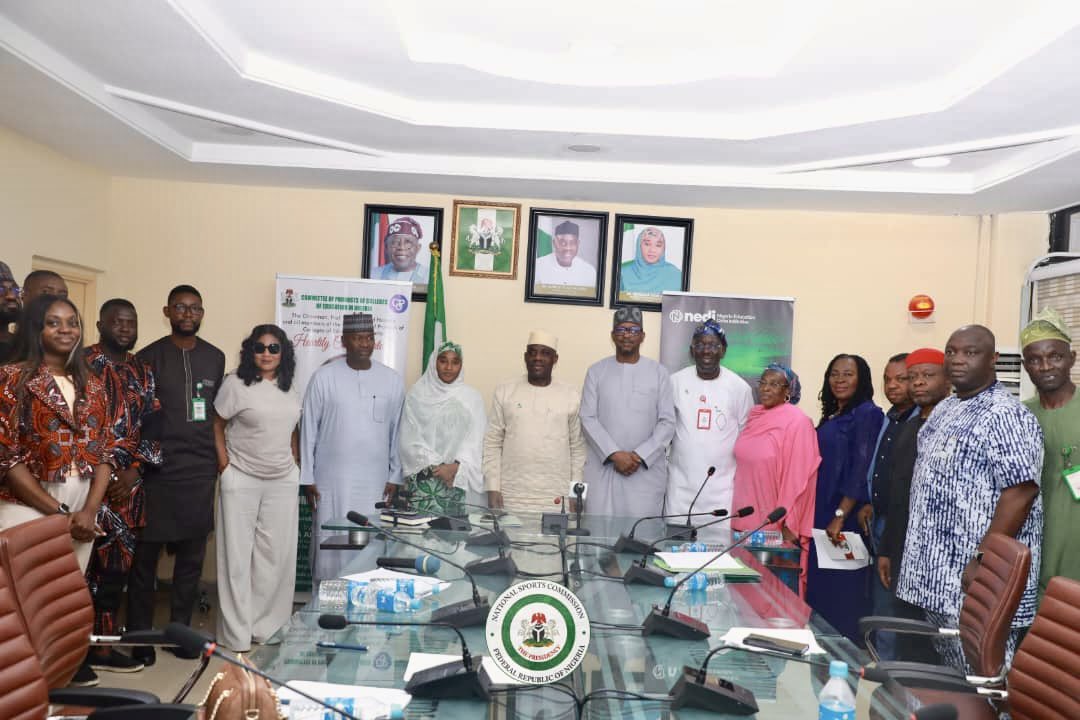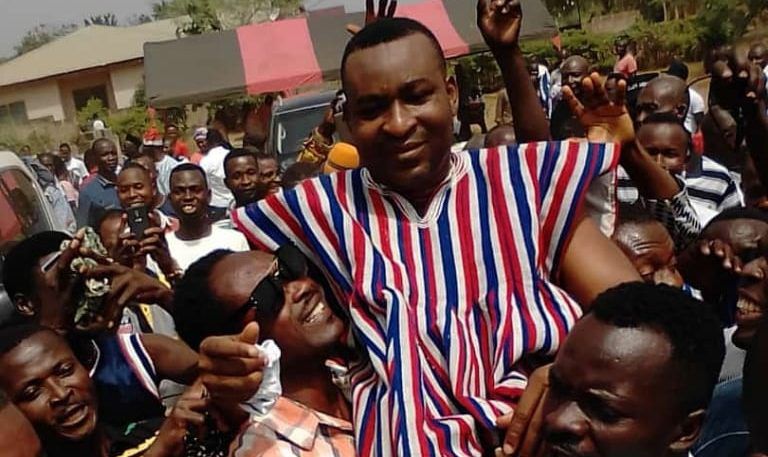Tunji Alausa's reformist mission as a medical educationist
In an era where underqualified political appointees are widely perceived as key contributors to the regression of Nigeria’s governance architecture, it is imperative to spotlight and commend the intellectual beacons within the system. Such recognition not only affirms the value of expertise in public service but also establishes a critical benchmark for appointees whose political elevation bears little correlation with substantive policy knowledge or sectoral experience.
Dr. Tunji Alausa offers a compelling model of distinction for showcase . A physician and nephrologist by training, Alausa’s transfer from the Ministry of State for Health and Social Welfare to the Federal Ministry of Education in October 2024 raised eyebrows—especially given that he held no formal qualifications in education. But what he lacked in academic credentials for the role, he has more than compensated for with vision, pragmatism, policy exposure and an unrelenting drive for reform.
Since assuming office, Alausa has spearheaded a major curriculum reform that integrates Artificial Intelligence (AI) into teaching and learning processes—a bold move placing Nigeria on the path to becoming digitally competitive. But he didn’t stop there.
He commenced his tenure with a bold proposal to transition from Nigeria’s prevailing 9-3-4 education structure to a transformative 12-4 model. This strategic reform is designed to curb dropout rates and significantly enhance learning outcomes. At its core, the policy integrates vocational training into the conventional secondary school curriculum, thereby elevating the skill set of young school leavers and equipping them with the capacity for self-reliance and technical competence.
It is worth recalling that former President Goodluck Jonathan established 165 Almajiri Integrated Model Schools across the 19 northern states, a visionary initiative aimed at integrating marginalized children into the mainstream education system. However, under the administration of President Buhari, these schools were controversially repurposed—transformed into universities under the political alignment of state governors and the then Minister of Education, Malam Adamu Adamu. These institutions, in many cases bereft of students, were nonetheless granted TETFund allocations.
This delicate scenario, familiar to stakeholders as intimately as the fluctuations of the Naira, epitomizes the persistent crisis of the almajiris and northern-Nigeria educational debacle. One would have expected a localized, context-sensitive solution to such a deeply rooted social challenge. Yet, in the vacuum of purposeful action, Dr. Tunji Alausa from south-west stepped in—resolute with gloves on both hands
In a decisive move, he rejected the entrenched culture of political patronage that fosters the unchecked proliferation of under-resourced institutions. Instead, he instituted a performance-based approach by capping admission quotas as a prerequisite for accessing TETFund interventions. Through this, he has recalibrated federal priorities toward consolidating and enhancing existing tertiary institutions, with strategic emphasis on institutional capacity.
Responding to the socioeconomic distress that perpetuates the Almajiri phenomenon, Dr. Alausa collaborated with the Ministry of Humanitarian Affairs to implement conditional cash transfer schemes.
These transfers extend beyond the northern states, offering financial support to low-income families nationwide as a strategic incentive to bolster school enrollment and attendance. In doing so, he addresses not merely educational deficits but the broader cycle of poverty that fuels educational exclusion.
His proposal to extend the National Youth Service Corps (NYSC) from one to two years is equally audacious. Aimed at deepening national integration, skills acquisition, and employability, the extended program would help young Nigerians transition from job seekers to job creators, positioning them for federal grants and entrepreneurial ventures.
What directed my attention to his policies is his recommendation that the National Open University of Nigeria (NOUN) fully migrate to online learning, leaving traditional universities to focus on in-person education. This proposal demonstrates a nuanced understanding of educational delivery models, technological capacity, and student diversity.
What makes all this more remarkable is that Alausa is not a career educationist. Yet, he has outperformed many predecessors—thanks to his policy clarity and evidence-based approach. His success raises fundamental questions about why other states in Nigeria fail in political selection process and Lagos State always get it right. In most states, technocrats often lose out to party loyalists with minimal policy exposure or sectoral experience.
Too often, ministers are chosen not for their expertise, but for their loyalty, ethnic ties, or financial influence. They may excel at rallies and political mobilization but flounder in governance—over-relying on consultants and donor-driven templates that rarely reflect Nigeria’s complex realities.
If this trajectory continues, his name will undoubtedly be etched alongside the pantheon of Nigeria’s most visionary public servants. Like the indomitable late Prof. Dora Akunyili, who, as Director-General of NAFDAC, waged an unrelenting war against counterfeit pharmaceuticals, or Dr. Akinwumi Adesina, the reformist Minister of Agriculture who once reimagined the Federal Executive Council’s breakfast with cassava-based bread to underscore food security and self-reliance.
One cannot forget Malam Nasir el-Rufai, whose audacious tenure as Minister of the FCT saw the demolition of illegal structures to preserve the city’s masterplan, or Dr. Ngozi Okonjo-Iweala, a two-time Finance Minister under two presidents, whose stewardship not only managed the economy but recalibrated its structural foundation.
To this distinguished roll call, one must add Prof. Ishaq Oloyede, whose leadership of the Joint Admissions and Matriculation Board (JAMB) is synonymous with transparency and institutional integrity, and Nyesom Wike, whose infrastructural interventions have seamlessly connected rural outposts of the FCT to the capital’s heartbeat.
For a nation often trapped in short-term political cycles and underwhelming appointments, Dr. Tunji Alausa stands out as a minister. He is, without doubt, a medical educationist with a difference—and perhaps the clearest proof yet that Nigeria works best when successful technocrats leads vital sectors of governance.
Alausa brings a global mindset to a local challenge. His reforms echo the legacy of Kader Asmal, South Africa’s revered Minister of Education (1999–2004), who dismantled apartheid-era disparities through value-based and inclusive educational policies. His initiatives may yet become enduring chapters in the country’s educational renaissance.
• Aigbokhan is the lead counsel at FOI Counsel. He can be reached on [email protected]










